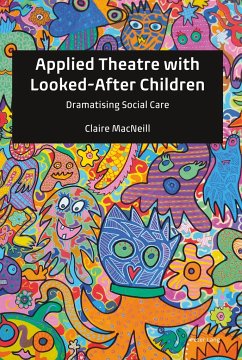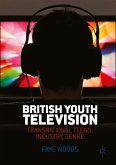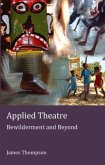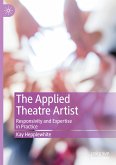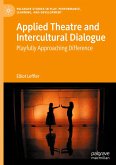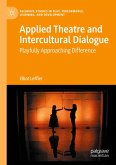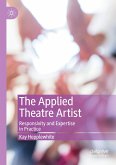Applied theatre is a continually growing and diversifying field. This book is the first of its kind to examine the use of applied theatre with looked-after children. It interrogates the experiences of young people in care in the UK and the potential of applied theatre as a liberation tool within these settings. Informed by twelve years of practice-based research, the book examines how a central pedagogy was initially developed with young people and front-line staff within a residential children's home. The author then critiques the ways in which this pedagogy was adapted and expanded to work with other «looked-after», misrepresented and marginalised young people in related settings.
The research presented here describes a unique journey through care homes, children's prisons and inner-city estates, exploring the possibility of reclaiming childhoods through theatre practice. It asks the questions: what does it mean to be «looked after» and «cared for» by an institution?What are the challenges of developing liberatory practice within rigid and homogenising frameworks? And how can theatre forge radical creative spaces within a network of power and control?
The research presented here describes a unique journey through care homes, children's prisons and inner-city estates, exploring the possibility of reclaiming childhoods through theatre practice. It asks the questions: what does it mean to be «looked after» and «cared for» by an institution?What are the challenges of developing liberatory practice within rigid and homogenising frameworks? And how can theatre forge radical creative spaces within a network of power and control?

